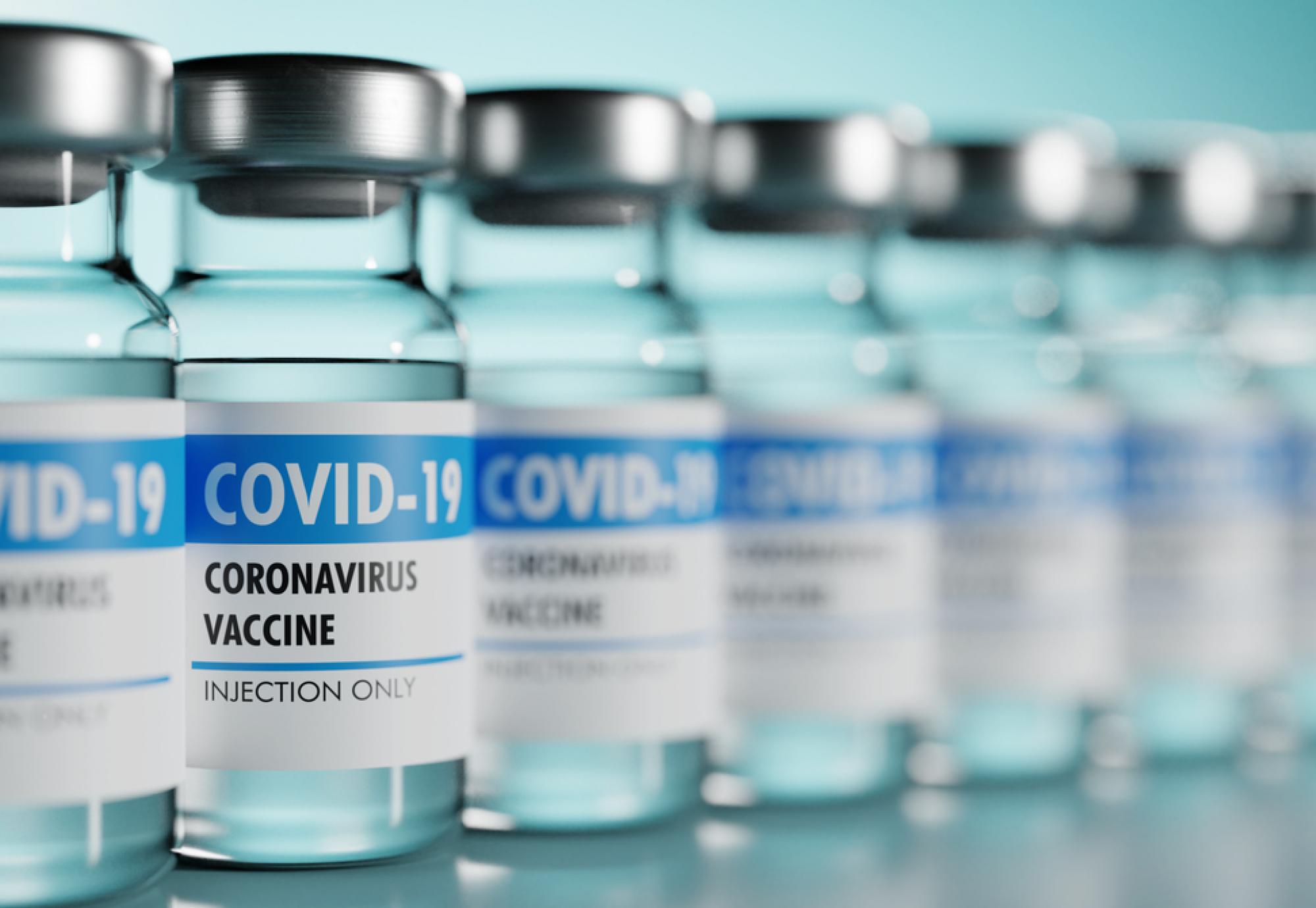New data has indicated that patients with a suppressed or compromised immune system show a low or imperceivable response after two doses of the same Covid-19 vaccine.
The news comes from one of the largest studies in the world exploring clinically at-risk patients’ response to infection and vaccination – the OCTAVE trial.
As part of the trial, nearly 2,700 patients across 20 hospital sites were infected with either the alpha, delta or omicron strain of the disease and were subsequently studied up to one year after their first vaccination.
The study’s results showed that 474 patients became ill with Covid-19 a year after their initial vaccination, with the researching finding just one case of the alpha strain and 110 and 336 of delta and omicron strains respectively. The study saw 48 hospital admissions with 15 people also dying from the disease.
The majority (76%) of infections occurred more than six months after the second vaccination with most of these also being the first infection.
The lion’s share (90%) of infections were mild; severe cases totalled 9.8% of infections. Patients with renal disease were the cohort most likely to suffer from a severe reaction – the delta variant was more likely to induce a more severe reaction than the omicron wave.
The OCTAVE trial was setup during the pandemic and is a collaboration between the universities of Birmingham, Oxford and Glasgow, with funding coming from the Medical Research Council. The National Institute for Health and Care Research (NIHR) Clinical Research Network also supported the project.
NIHR’s clinical lead for Covid-19 vaccination programme, Professor Andrew Ustianowski, said: “COVID-19 is no longer the major problem that it was, largely as a result of the UK's world-leading vaccination research programme and roll-out. Vaccines however do not always provide equal protection in all our individuals, especially those with poor immune systems.
“The OCTAVE study has been pivotal in informing us on how best we should protect subgroups of our populations most at risk, so that we do not leave anyone behind in our fight to better protect all from the ongoing threat of coronavirus.”
Image credit: iStock



















